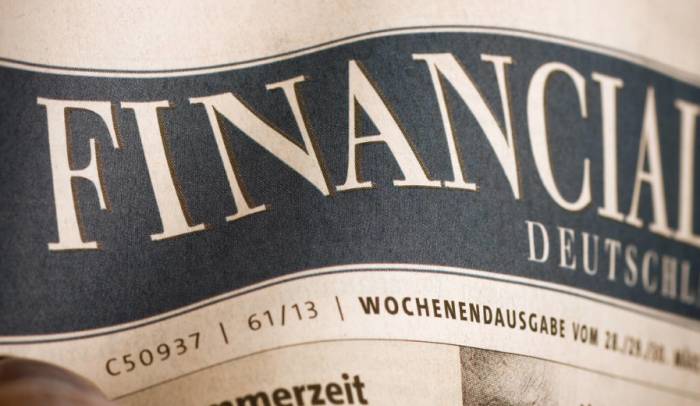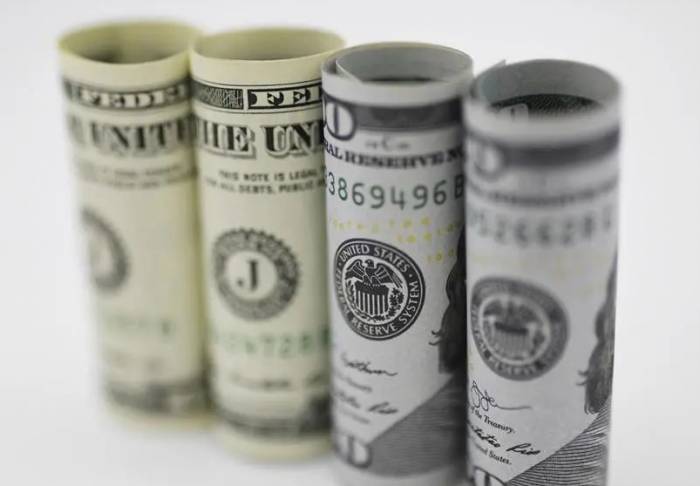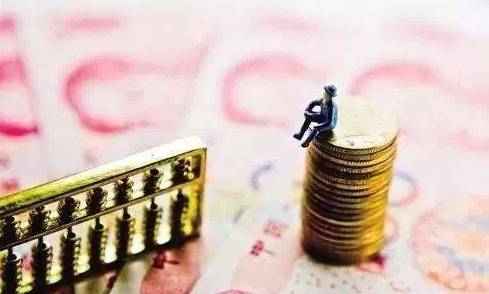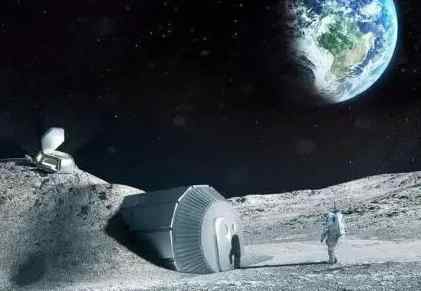A trading system, of course, should be simple and practical, for simplicity is the ultimate sophistication. If you create a complex and unfathomable trading system, it is merely a form of self-deception.
When you are summarizing your trading system and find it becoming simpler, it indicates that you are gradually gaining insight, because trading is inherently a process that evolves from simplicity to complexity and then distills back to simplicity.
Many people hope to find certain patterns within the complex market trends, but this is a dead end. The market is uncertain, and the patterns you painstakingly discover may not apply in the future.
The market is complex, and if you use a complex trading system, your trading will become complicated and difficult to profit from.
The often-quoted phrase "simplicity is the ultimate sophistication" in trading means that after you have perceived some truths about trading, you discard the dross and retain only the most essential elements, which are often simple.
Simplicity is the ultimate sophistication, and Mr. Kroll's book also advocates for clear and concise trading, but do not forget the ancient Chinese saying that the right path is often fraught with hardships. In the trading market, simplicity is beauty, and simplicity is also a form of wisdom.
This beauty of simplicity must have gone through painful and complex trading, providing investors with experiences and insights, and ultimately sublimating into the ultimate simplicity. Some friends say that without experiencing several bull and bear markets in futures and stock trading, how can one grasp the essence of speculative trading?
In the early stages of trading, there was a period when I was obsessed with pursuing the perfect futures trading system, trying to establish a system that could adapt to different market conditions and operate around the clock. At that time, I not only did not agree with the pure and simple speculative wisdom expounded in some books, but I also felt that I thought more systematically, more deeply, and more ingeniously than them, and my trading should be better.
More than ten years ago, when I went to trade, I was still a young man who did not know the world, ignorant of the psychology of impetuosity, and unable to recognize the profound trading philosophy, smart investment strategies, and great insight into human nature contained in Mr. Kroll's experiences.
I also overcomplicated things, hoping to perfect Mr. Kroll's investment ideas and strategies. How effective was it? I did everything, against the market, long-term and short-term, with signals, and without signals, with confused logic and contradictions, wanting everything, and in the end, getting nothing.Trading is actually quite simple, but behind this simple trade lies a very complex understanding of market transactions and the arduous experience of investor's human nature. We must go through many detours and complex market changes before we can truly embrace the principle of "great truths are simple." Hearing me talk about the simplicity of great truths is useless; you must experience it yourself.
The renowned investor Mr. Lin Guangmao once said, "Rootless profits bring empty joy, those who haven't grasped the true scriptures are trapped within." I find this statement very profound.
Technical analysis is like a language. Whether it's Mandarin or English, once you have a language, you can speak, communicate, and express yourself. Technical analysis is a language that connects traders with the market. Through it, we can interact with the market.
However, just as no language can express absolute and ultimate truths, and cannot avoid errors and misunderstandings, technical analysis can ensure that our interaction with the market continues, but it cannot guarantee that there is no nonsense between us.
Therefore, artificially adding rules to a trading system is also a behavior similar to doing work. In theory, it seems to have both advantages and disadvantages, but in reality, over the long term, the disadvantages always outweigh the advantages. With each rule added, you are trying to control the local entropy reduction, which actually leads to an increase in global entropy. Hence, Laozi said, "Govern by doing nothing that is not necessary, less is more, simplicity is beauty."
With rules that are simple enough, the fat tail returns from the strategy can compensate for the losses caused by the defects of the rules. However, if there are too many rules and the accumulated entropy is high, it cannot be covered.
Occam's Razor states: "Do not multiply entities beyond necessity."
Pursuing maximum order can lead to chaos; the complexity of a system determines the rate of entropy increase, and the pursuit of control over details (certainty) leads to the uncontrollability of the whole (uncertainty).
This is the essence of "great truths are simple."
If you like it, give it a thumbs up. Many things, many principles, can be understood after a long time in trading, but society is a race to see who understands first. Early understanding and late understanding lead to different destinies.





























